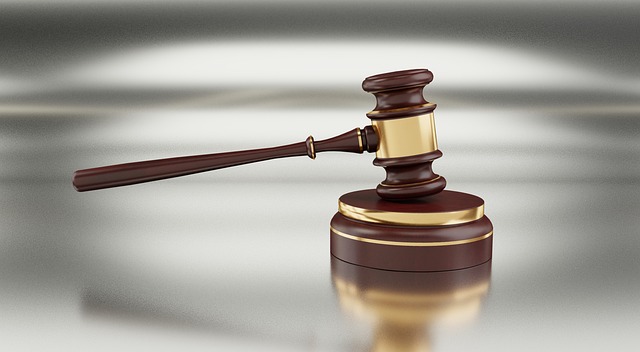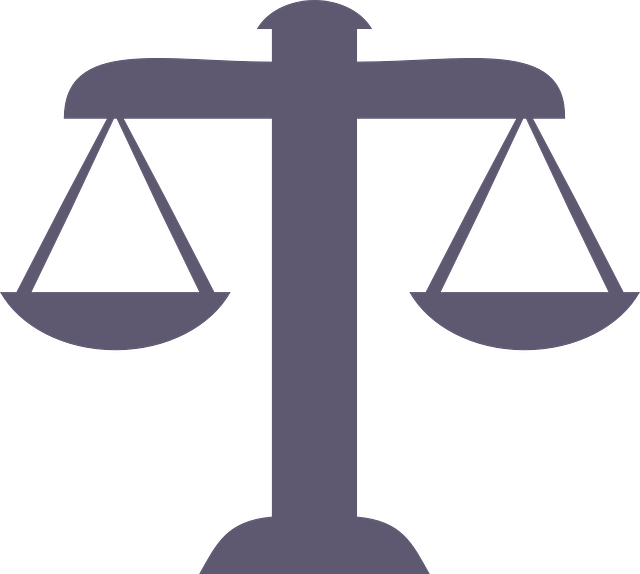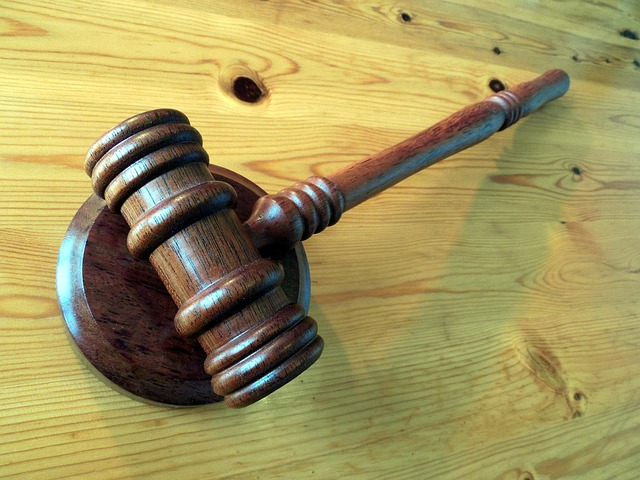Whistleblower Protection Laws (WPLs) safeguard employees exposing illegal/unethical activities in 2023, preventing employer retaliation. Common Employment Law Violations, like retaliation and discrimination, drive whistleblower protection lawsuits. By gathering evidence and following legal procedures, whistleblowers can secure justice, uphold integrity, and deter unethical corporate practices. These cases promote transparency and accountability, reshaping the business landscape in 2023.
In 2023, whistleblower protection lawsuits are more relevant than ever, serving as a crucial check against corporate misconduct. These legal actions not only safeguard individuals who expose unethical practices but also foster a culture of accountability. This article delves into the intricacies of whistleblower protection laws, exploring common violations like retaliation and discrimination, criteria for successful cases, and the legal process involved. By examining real-world success stories, we highlight the profound impact these suits have on holding organizations accountable for Common Employment Law Violations.
- Understanding Whistleblower Protection Laws
- Common Violations: Retaliation & Discrimination
- When Does an Employee Have a Case?
- The Legal Process and Evidence Requirements
- Success Stories and Impact of Whistleblower Suits
Understanding Whistleblower Protection Laws

Whistleblower Protection Laws (WPLs) are designed to safeguard individuals who expose illegal or unethical activities within their organizations from retaliation. These laws recognize the vital role that whistleblowers play in holding businesses and government agencies accountable for misconduct, ranging from fraud and corruption to violations of public safety standards. Understanding these protections is crucial in 2023, as common employment law violations continue to evolve, with more employees recognizing their right to speak up without fear of repercussions.
WPLs typically bar employers from taking adverse actions against whistleblowers, such as termination, demotion, or harassment, in response to the disclosure of information they believe violates a legal obligation. This includes situations where employees uncover fraud, health and safety hazards, environmental violations, and other forms of illegal conduct. While these laws provide essential protections, navigating WPLs can be complex, especially when considering potential defenses, such as those employed by white-collar defense attorneys, who specialize in representing clients facing civil or criminal charges related to corporate misconduct. In some cases, jury trials may be necessary to resolve disputes, providing whistleblowers with an opportunity to present their case and seek redress for any suffered damages.
Common Violations: Retaliation & Discrimination

Whistleblower protection lawsuits often arise from common employment law violations, particularly those involving retaliation and discrimination. In 2023, these high-stakes cases continue to navigate complex legal terrain, focusing on the rights of employees who expose unethical practices or illegal activities within their respective businesses. Whether it’s a matter of facing retaliation for reporting fraudulent activities or experiencing discrimination based on one’s whistleblower status, these issues underscore the importance of robust legal protections.
The all stages of the investigative and enforcement process are crucial in determining the outcome of such lawsuits. Employers have a responsibility to ensure fair treatment of whistleblowers, prohibiting any form of adverse action, including termination, demotion, or reduction in compensation, as a result of their disclosures. Failure to uphold these standards can lead to significant legal repercussions, underscoring the need for businesses to establish and maintain ethical practices throughout their operations.
When Does an Employee Have a Case?

When an employee believes they have been subjected to a common employment law violation, such as retaliation for reporting unethical practices or unsafe working conditions, they may have a strong case for legal action. In 2023, many jurisdictions are seeing an increase in whistleblower protection lawsuits, reflecting a growing awareness of the importance of upholding ethical standards within organizations.
Employees who face adverse actions like complete dismissal from their respective business after reporting such issues can seek justice through legal channels. The goal is often to secure a complete dismissal of all charges and ensure their rights as whistleblowers are protected. By taking these steps, individuals play a crucial role in holding companies accountable for their actions and fostering a culture of transparency and integrity within the workplace.
The Legal Process and Evidence Requirements

The legal process for whistleblower protection lawsuits involves a series of steps designed to safeguard individuals who expose illegal or unethical activities within their organizations. The journey begins with an investigation, where whistleblowers and their legal representatives must gather substantial evidence supporting their claims of employment law violations in 2023. Common employment law violations that often surface include wrongful termination, retaliation, and failure to protect confidential information.
To strengthen their cases, whistleblowers should compile detailed records, such as emails, memos, or any internal communications that highlight the misconduct. Additionally, expert testimony and public records can be powerful tools in achieving extraordinary results. By presenting compelling evidence and adhering to legal procedures, whistleblowers can navigate the complex landscape of whistleblower protection, ultimately avoiding indictment for their actions while promoting transparency across the country.
Success Stories and Impact of Whistleblower Suits

Whistleblower protection lawsuits have had a profound impact on the business landscape, with numerous success stories highlighting their effectiveness in tackling Common Employment Law Violations in 2023. These cases not only secure justice for whistleblowers but also serve as powerful deterrents against unethical corporate practices. Over time, such suits have led to significant changes in company policies and procedures, ensuring a more transparent and accountable business environment.
Many successful outcomes have resulted in complete dismissals of all charges against the whistleblowers, further reinforcing the principle that standing up for ethical conduct is rewarding. The impact extends beyond individual cases; it fosters a culture where employees feel empowered to expose fraud, corruption, or other illegal activities within their organizations. This has been instrumental in protecting both corporate and individual clients, promoting integrity, and upholding the rule of law.
Whistleblower protection lawsuits play a pivotal role in holding organizations accountable for common employment law violations like retaliation and discrimination in 2023. By understanding the legal process, gathering robust evidence, and drawing from successful cases, employees can effectively assert their rights and bring about positive change within their workplaces. These suits not only offer justice to individuals but also foster a culture of integrity and transparency across industries.






